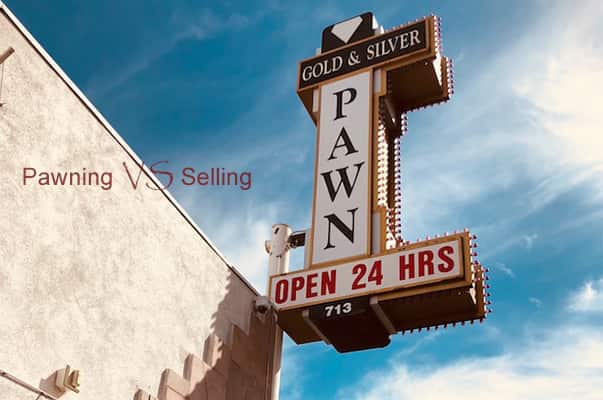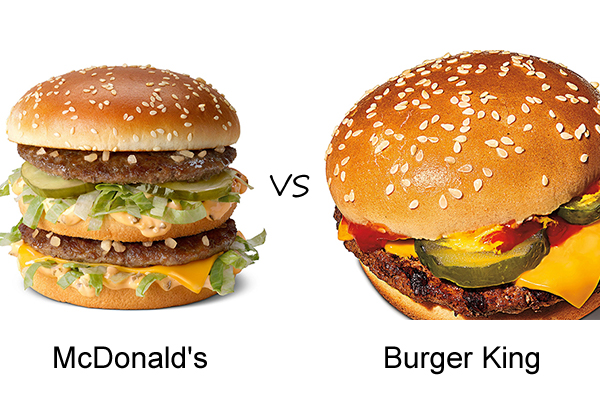It is no secret that property values are on the rise. In fact, if you want to own a home in an urban area, you have to dig deeper into your pocket. When it comes to ownership of such properties, some people are able to buy them upfront. However, there are others who prefer to lease such properties instead of buying them. After all, this seems to be a cheaper option when one does not have sufficient funds for this undertaking.
When it comes to renting or leasing a property, there are two terms that you are likely to come across. These include the lessor and the lessee. In fact, these terms are very common in rental agreements. However, not everyone knows the meaning of these two terms. The good news is that we shall outline the main differences between these two terms so that you can know them better.
Who is a lessor?
The individual mentioned above is one of the main participants when it comes to the leasing of a particular property. This participant is actually the one who owns or possesses a certain property. Besides this, he or she is the one who provides it as leasing to the lessee for a particular period. It is important to note that the lessor can be an explicit individual or a licensed entity. In some instances, the lessor and the property seller can be one and the same person. This means that instead of selling the property, this participant can opt to lease it instead.
You will note that the process of leasing is generally simple. It all starts with the lessor giving his property or asset to the lessee. After signing the leasing contract, the lessee will begin paying monthly rent as agreed to by the lessor. Once the leasing period is over, the lessee usually returns the asset to the lessor.
Once the lessor has leased an immovable property, he or she has limited rights over the leased property. To be specific, this participant will have access to this property whenever he or she wants to undertake particular repairs and maintenance works only.
However, there are instances when the lessor has the right to finish the lease contract even before the stipulated or agreed period. Such is when the lessor has found out that there is an illegal use of his or her property. Apart from this reason, the lessor can also terminate the lease contract in case there are some intentional damages caused on the property.
It is important to note that the asset leased can either be a building, industrial equipment, vehicle, business equipment, and so forth. Besides these tangible properties, the lease assets can be intangible such as computer software.
Who is a lessee?
Besides the lessor, there is a lessee who is also an important contributor in a leasing contract. Unlike the lessor, this is the person who acquits an immovable asset or property for a particular period of time. Since he or she has agreed to lease the asset or property, he has the mandate to make monthly payments in return.
In the leasing contract, the lessee is the owner of the property at that particular time. However, he or she is not the proprietor since the true ownership rests with the lessor. In fact, the lessee cannot be responsible for the presidency taxes and costs until they are prematurely prescribed.
Besides this, the participant mentioned above is not bound to make necessary repairs and maintenance. In most cases, the utility charges are usually paid by the lessee until it is agreed in advance that he or she will not be liable to pay for them. Such is when the lease agreement has already covered the charges mentioned above.
Main Differences Between a Lessor and a Lessee
Since we have looked at what each of the above-mentioned terms means in a lease agreement, time is ripe for you to know the various aspects that set these two terms apart. Some of these aspects include:
1. Usage of property
When it comes to the usage of the property in question, the lessor is the one who acquires the property not for his own use but for leasing purposes. However, the lessee is the one that acquires the asset or property for his own use.
2. Ownership of the property
The lessor is the legal owner of the property while the lessee is own the property temporarily. In fact, the original transfer of the asset solely rests with the lessor. The lessee, on the other hand, owns the property as per the leasing agreement, which only lasts for a particular period of time.
3. What happens in the event of bankruptcy?
In the event of bankruptcy, the lessor has the right to get his or her payment first. However, the lessee is least concerned about such matters.
4. Rewards
The lessor aims at getting a sum payment as rent or compensation. Generally, this is his reward. On the other hand, the lessee aims at using the property for his own gains. As long as the lessee is able to pay rent as agreed, he or she is free to utilize the property to his or her own advantage.
5. Freedom to lease
The lessor is at liberty to take someone’s property and further lease it while the lessee cannot lease the property again. In this case, he or she should only utilize the property for the purpose for which it was leased.
6. Taxation
As far as taxation is concerned, the lessor has to pay taxes as usual from the income he or she gets from the property. However, the lessee does not have to pay the taxes as he or she is only using the asset or property temporarily.
7. Wear and tear
Over time, the leased property usually suffers from wear and tear. Since the lessor is the actual owner of the property, he is mandated to take care of it and even cater for the repair and maintenance costs. However, the lessee’s responsibility is limited as far as repairs and maintenance are concerned.
Although he can repair and maintain the rented property, he or she is guided by what is stipulated in the lease agreement. Therefore, he can only repair and maintain the leased property up to a certain extent.
8. Termination of contract
Although both participants can terminate the leasing contract, the reasons for termination are different. For instance, the lessor can terminate the contract in the event his property gets damaged by the lessee or in case the lessee tries to break any of the clauses of the contract. However, the lessee can terminate the contract only in the event of an unknown disaster such as fires, floods, earthquakes, and so forth.
Final Thoughts
Knowing the above-mentioned differences will help you understand what is expected of you in case you want to rent a property to someone or you intend to lease someone’s property. Either way, you should know the responsibilities of each participant. By knowing these responsibilities, you will avoid any future inconveniences. Note the differences mentioned above today, and you will no longer confuse a lessor for a lessee and vice versa.





